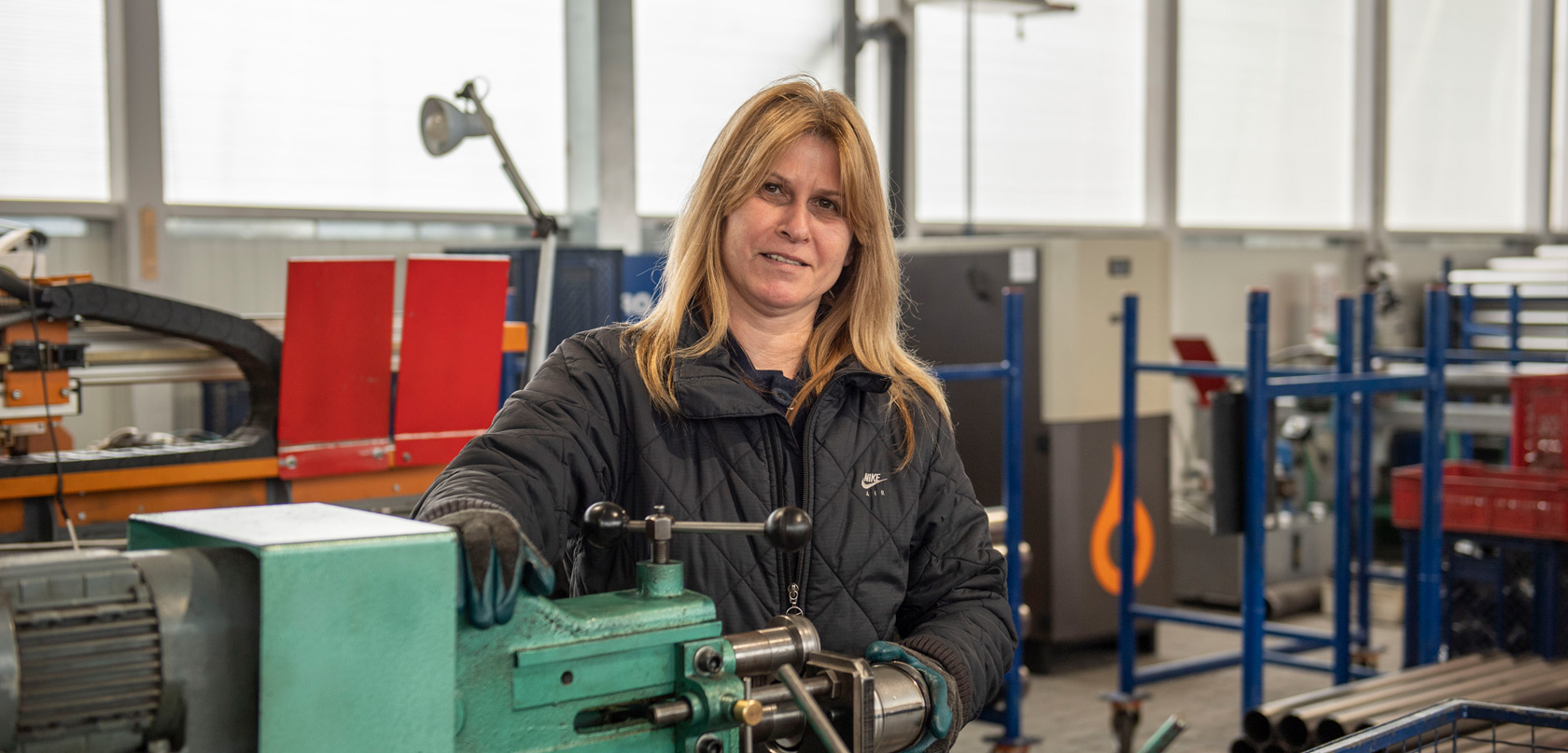The fragrance of plum blossoms and grapevines fills the air as Lasha Jintcharadze, Director of Techno Agro, walks through the rich, fertile land of the Gardabani district in Georgia.
“It has been just two years since I launched this business, in the midst of strict COVID regulatory lockdowns in 2020, and I am so proud of how much we have achieved so far,” Lasha Jintcharadze reminisces.
“Techno Agro” owns land with plum orchards on 40 hectares of land and a vineyard on 30 hectares. The company owns the refrigerator storage facility to store harvested fruits. Their main operations include the storage and sale of fruits grown in their own garden. The company has steadily been growing but electricity consumption was eating away at their profit margins.




